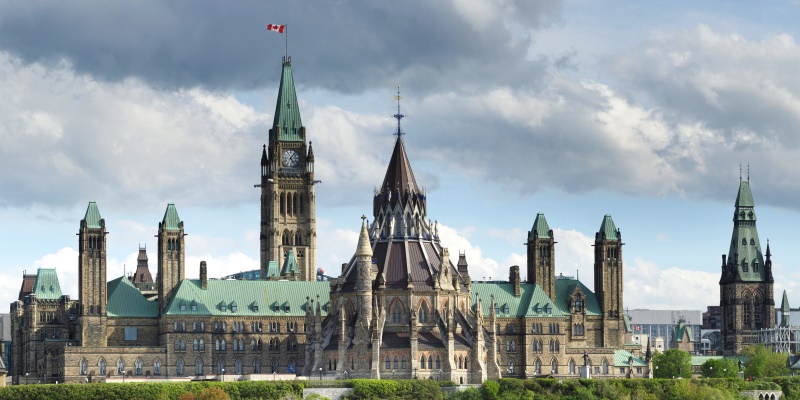Court ruling on plastics ban welcome news for Canadians

The future of the Trudeau government’s ban on single-use plastic is uncertain following the recent Federal Court ruling, which declared that Ottawa exceeded its authority by classifying all "plastic manufactured items" as toxic. As the federal government considers the possibility of appealing the decision, it's essential to understand that Ottawa’s plastic ban is an expensive measure to a relatively minor environmental issue in Canada and likely hurts, rather than helps the environment.
The Trudeau government's ban on six types of single-use plastics, including cutlery, checkout bags, and straws, came into effect in 2022 as part of an effort to achieve zero plastic waste by 2030.
For starters, as the government admits, Canada doesn't have a significant plastic waste problem - 99 per cent of the country’s plastic waste is already disposed of safely through recycling, incinerating and environmentally-friendly landfills. Furthermore, Canada's contribution to global aquatic plastic pollution is estimated to be between 0.02 per cent and 0.03 per cent of the total, with nearly 90 per cent of the pollution originating from Asia and Africa. Eliminating Canada’s plastic waste would, therefore, have an undetectable impact on ocean plastic pollution.
Far from being an environmental solution, the federal government’s own analysis acknowledges that banning single-use plastics will actually increase waste generation rather than reduce it. According to the analysis, while the regulation will remove 1.5 million tonnes of plastics from 2023 to 2032, it will almost double that tonnage in substitutes such as paper, wood and aluminum over the same period. In other words, the ban will increase, not decrease, the amount of net garbage in Canada.
However, the environmental effects of the plastic ban go beyond an increase of waste. According to the government’s Strategic Environmental Assessment, plastic substitutes “typically have higher climate change impacts” including higher greenhouse gases (GHG) and lower air quality. Indeed, some studies suggest that substitutes for single-use plastics such as paper are heavier, require more energy to transport, create higher smog formation and ozone depletion, require more water and energy to be produced, and result in higher GHG emissions. Simply put, the plastic ban harms, not helps, the environment.
And that’s not all. According to the federal government’s own estimates, the plastic ban will bring $616 million in benefits on avoided clean-up expenses over the next 10 years but will cost around $2 billion over the same period, due to the management of additional waste discussed above and enforcement costs of the ban. This cost surpasses the benefit by more than a 3-to-1 ratio.
The Trudeau government needs to carefully consider the Federal Court and reconsider its stance on this policy, which has an overall adverse impact on both the environment and the economy.
Authors:
Subscribe to the Fraser Institute
Get the latest news from the Fraser Institute on the latest research studies, news and events.

